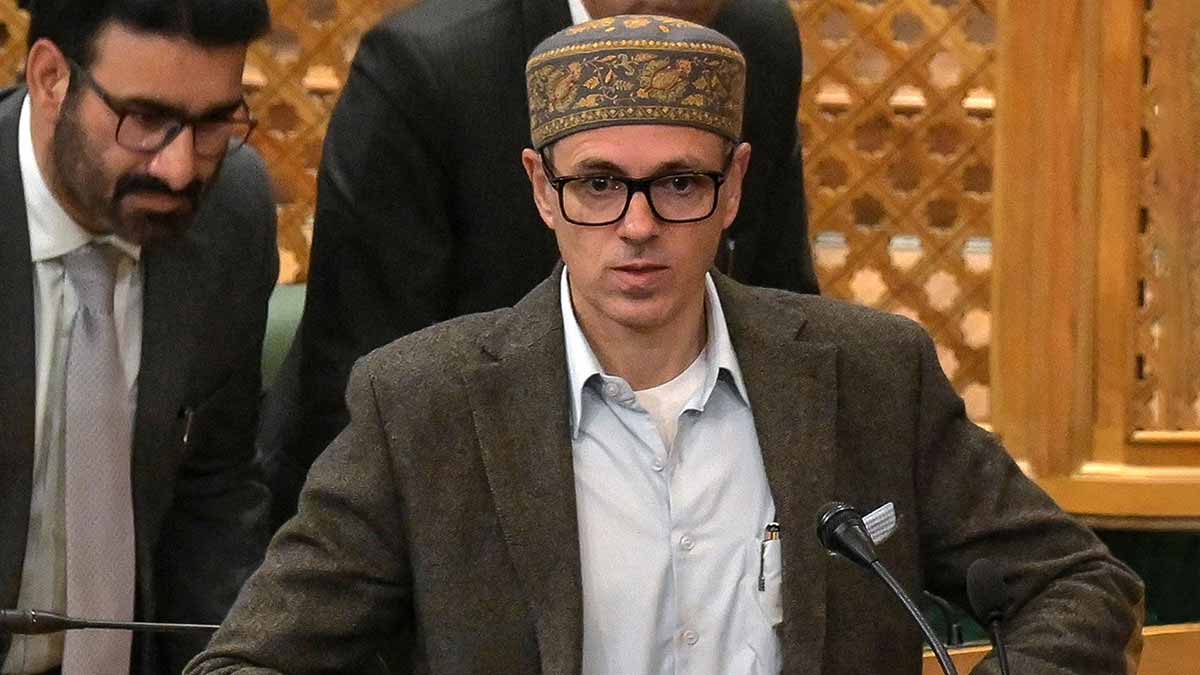The Union cabinet’s approval of the two bills to implement the ‘One Nation, One Election’ policy has paved the way for significant changes in the electoral process of Union territories with legislative assemblies, including Jammu and Kashmir.
Among the proposed amendments, the Jammu and Kashmir Reorganisation Act, 2019, will be revised to align the tenure of the Jammu and Kashmir assembly with the election cycle of the Lok Sabha and state assemblies. This revision will effectively reduce the assembly’s tenure by six months.
Under the proposed changes, the Jammu and Kashmir assembly’s term will now conclude simultaneously with the Lok Sabha’s tenure. This reduction is part of a one-time transitional measure aimed at synchronisation.
Post-amendment, Jammu and Kashmir’s assembly elections will always coincide with the Lok Sabha elections, ensuring a unified electoral calendar for the Union territory and the nation.
While the ‘One Nation, One Election’ policy offers potential advantages, the transition in Jammu and Kashmir presents specific challenges. The six-month reduction in the assembly’s tenure may raise concerns about adequate representation and governance during the adjustment period. Conducting simultaneous elections in a region with unique security challenges and harsh weather conditions will require meticulous planning and resource allocation.
The amendment to the Jammu and Kashmir Reorganisation Act, 2019, marks a pivotal shift in the Union territory’s governance framework. By aligning its electoral process with the rest of India, the Centre aims to integrate Jammu and Kashmir into the broader national electoral strategy envisioned under ‘One Nation, One Election.’
Jammu and Kashmir witnessed elections in September and October, bringing the National Conference and Congress coalition to power. However, the government has struggled to make critical decisions, as the Lieutenant Governor holds the key levers of power.



